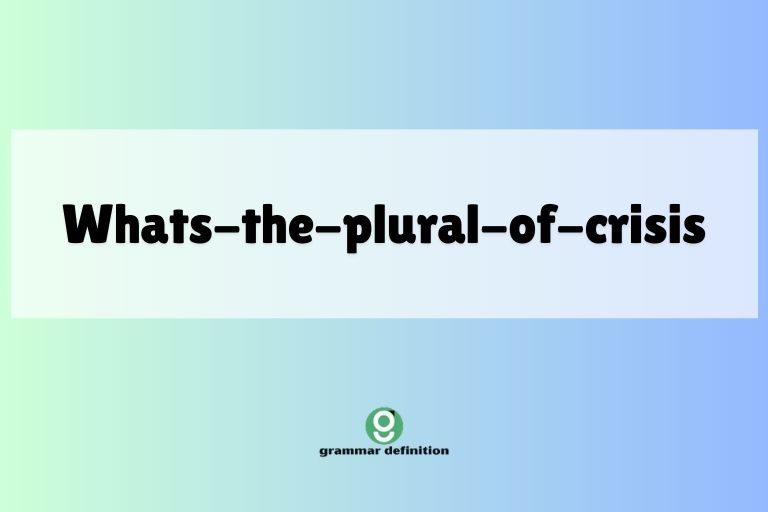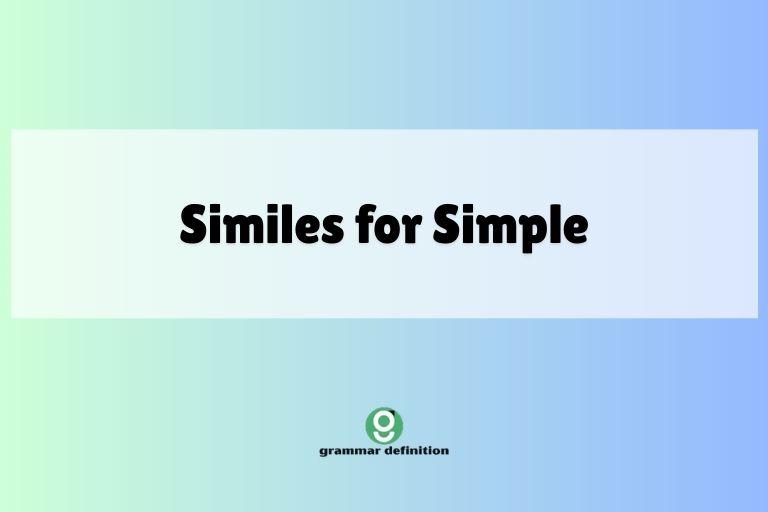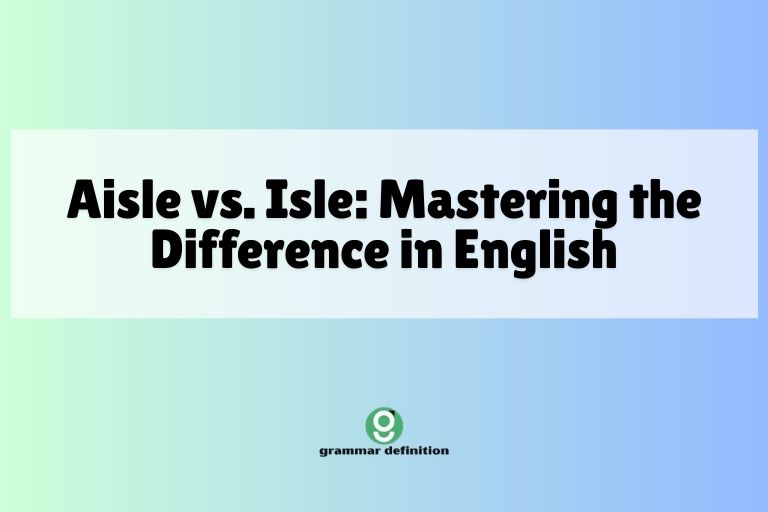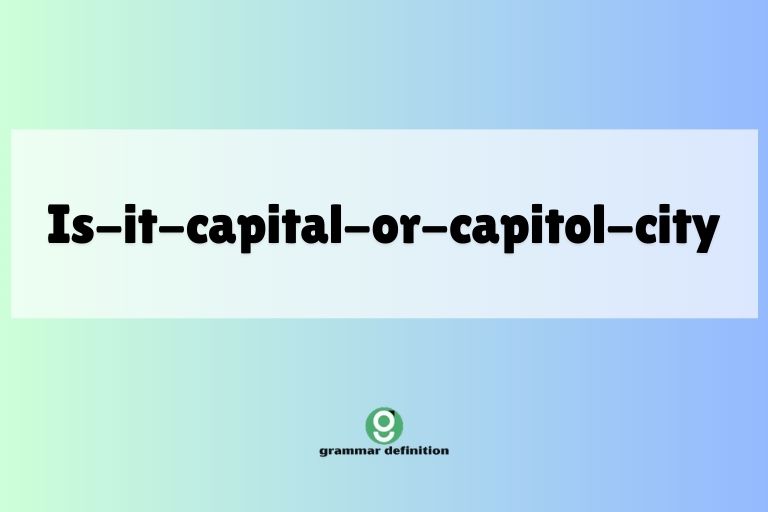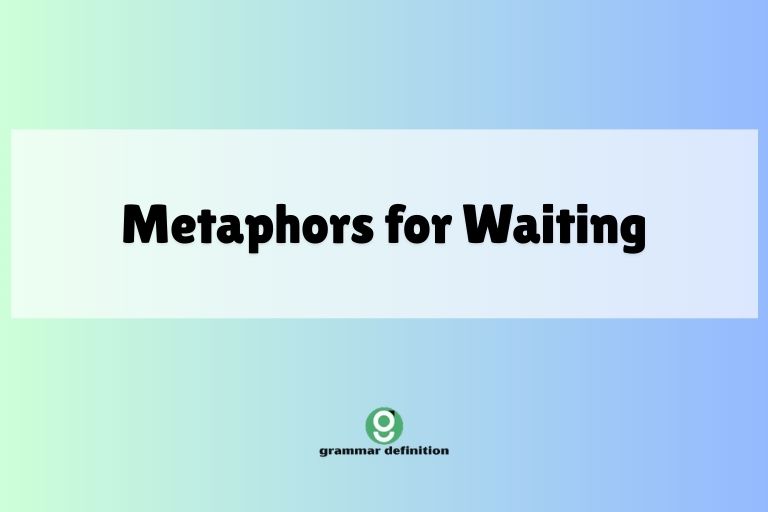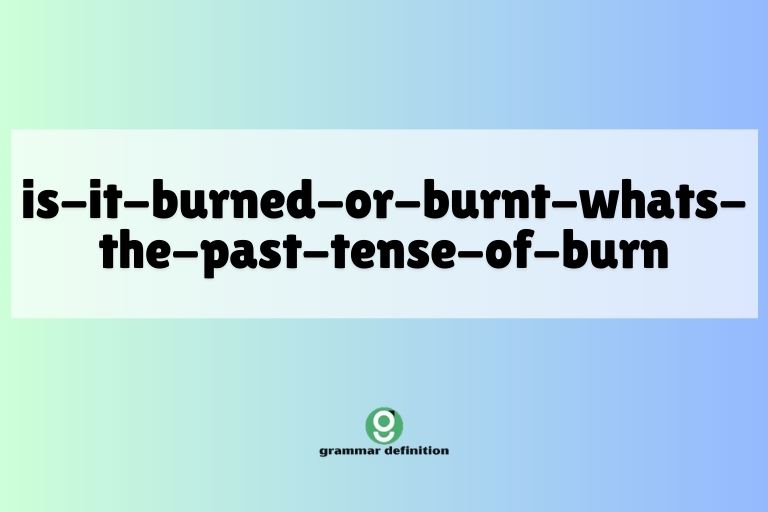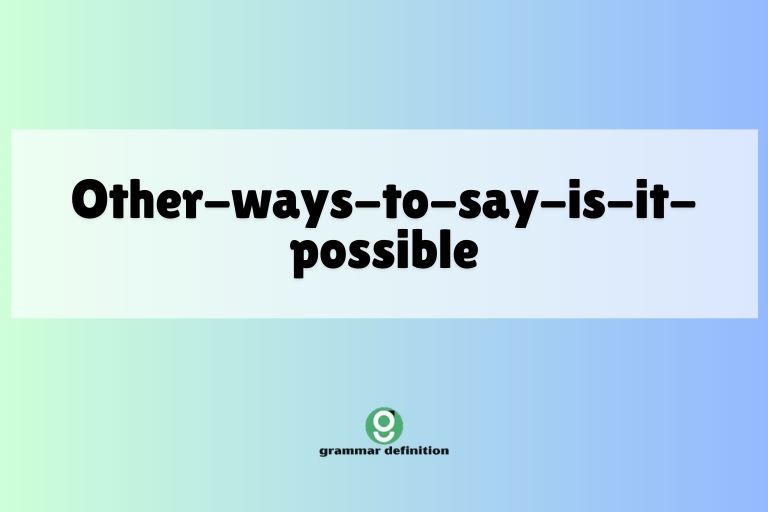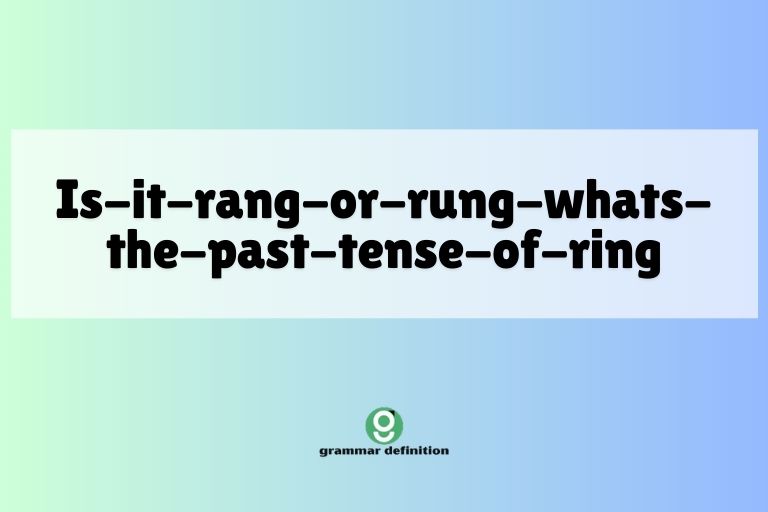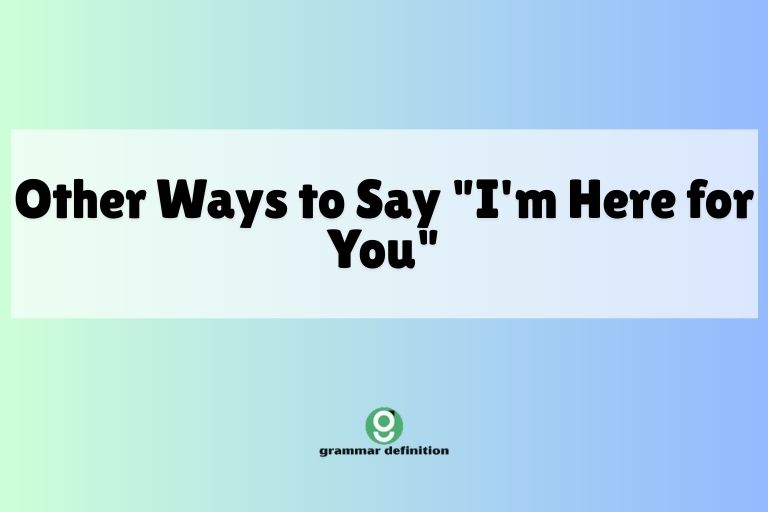Crisis to Crises: Mastering the Plural of Crisis in English
Understanding how to form the plural of irregular nouns like “crisis” is essential for effective communication in English. The word “crisis,” derived from Greek, follows specific rules for pluralization that differ from typical English noun endings. This article provides a comprehensive guide to mastering the plural form of “crisis,” explaining its definition, structural breakdown, usage … Read more

